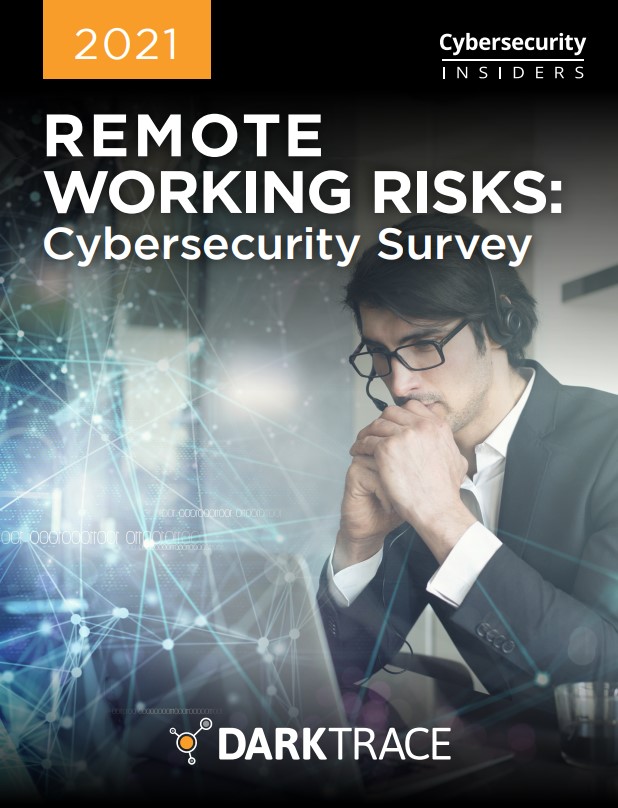(To download the 2021 Remote Working Risks: Cybersecurity Survey, please complete form at right.)
As organizations continue to adapt to new working patterns, the need to protect their digital assets from novel and sophisticated threats is more critical than ever. With many employees continuing to work from home and cloud-based collaboration platforms set to become a permanent part of the digital infrastructure, an adaptive and holistic approach to cybersecurity is needed. The Remote Working Risks: Cybersecurity Survey reveals the status of organizations’
efforts to secure the dynamic workforce, key challenges and unique security threats faced by organizations, technology gaps and preferences, investment priorities, and more.
As cyber-attacks targeting the remote workforce grow in scale and speed, traditional security tools are failing to keep up. Recognizing this, orgnizations are increasingly turning
to artificial intelligence for adaptability and resilience when protecting their workforce and digital estate.
Key findings include:
• Phishing (77%) and malware (61%) have emerged as the most significant new threat vectors concerning remote workers.
• Virtually all organizations (98%) are concerned about sophisticated impersonation and/or phishing email attacks.
• A majority of organizations 71% confirms the importance of the security tool capability to automatically adapt to the changing digital environment.
• 87% of security professionals agree that signature and rule-based tools are incapable of detecting novel (zero-day) attacks.
We would like to thank Darktrace for supporting this important research.















